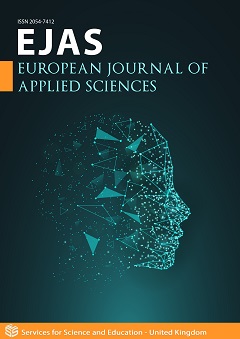From Stress to Creativity: The Application and Prospects of Mindfulness Training in Graduate Students
DOI:
https://doi.org/10.14738/aivp.1206.17674Keywords:
Mindfulness, Graduate students, Mental health, Academic creativityAbstract
Graduate students usually encounter various internal and external pressures that significantly affect their mental and physical health and academic performance. These stressors arise from poor mentor–student relationships, work–life imbalance, financial stress and the pressure of postgraduate employment, often leading to heightened levels of stress and anxiety. Mindfulness training, as an effective psychological intervention, has emerged as a focal point in psychological research because of its potential to improve graduate students' mental well-being and academic outcomes. A growing body of literature indicates that mindfulness practices can significantly reduce stress levels, alleviate negative emotions, and improve overall academic performance. Furthermore, this review aims to explore the under-researched area of mindfulness training's potential to foster creativity in research. By integrating mindfulness into the academic environment, we propose that it may serve as a catalyst for innovative thinking and problem-solving, thereby offering a promising interdisciplinary avenue for future research. This exploration not only underscores the importance of mindfulness in graduate students’ mental health but also supports the inclusion of mindfulness training as a strategic approach to enhance creativity and productivity among graduate students.
Downloads
Published
How to Cite
Issue
Section
License
Copyright (c) 2024 Fengyi Li, Yanping Wei, Lingli Pan, Rong Li, Weicheng Cui

This work is licensed under a Creative Commons Attribution 4.0 International License.






